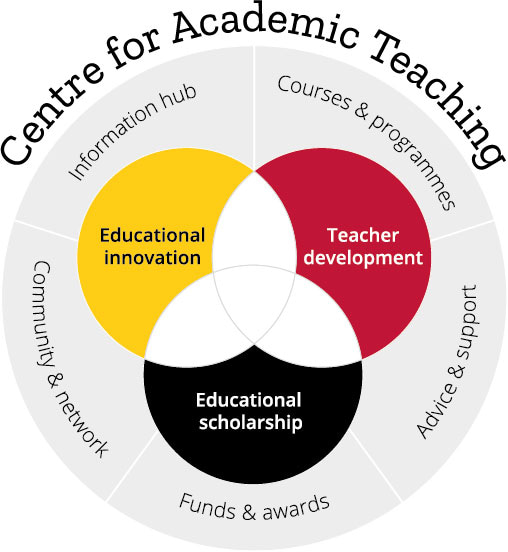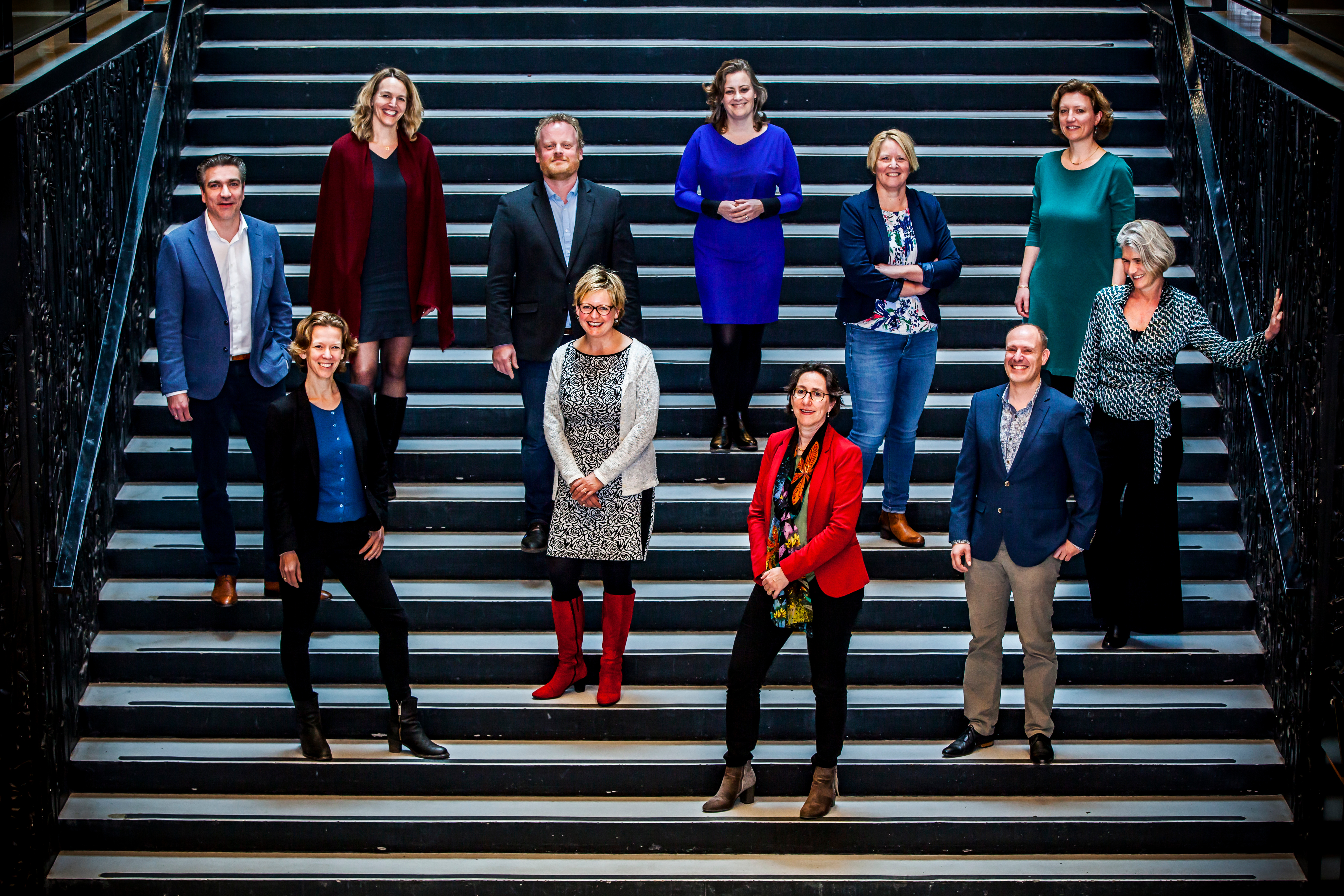Senior fellow program at Utrecht University enhances educational innovation, scholarship, and teacher development
Published in Bioengineering & Biotechnology

Academic staff often complains that the university mainly rewards them for research output and fundraising capacities. Faculty frequently feel that the other core task of the university, namely education, hardly counts for making an academic career. Therefore, Utrecht University launched the Senior Fellow Program to enhance educational innovation, educational scholarship, and teacher development. This not only improves the quality of education but also fosters hybrid academic careers at the boundary of disciplinary and educational expertise. The program is embedded in the recently founded Centre for Academic Teaching (CAT) at Utrecht University. The paper in Nature Biotechnology by Senior Fellow Niels Bovenschen and his team (https://www.nature.com/articles/s41587-019-0245-5) demonstrates the value of the Senior Fellow Program in that new educational concepts were conceived through combining disciplinary knowledge with additionally obtained expertise in education via the program.
CAT brings together teachers of Utrecht University and provides access to opportunities and support. All academic staff, from starting teachers to advanced educational leaders and scholars, can visit CAT for information, support, and training aimed at their own development, improvement of their education, and advancement of their educational knowledge. As such, the three pillars of CAT are educational innovation, teacher development, and educational scholarship (Figure 1). These pillars also form the foundation of the Senior Fellow Program.

Figure 1. Pillars and activities of the Centre for Academic Teaching (CAT) at Utrecht University.
The Senior Fellow Program at CAT started in 2017 to strengthen educational leadership within Utrecht University and increase the number of chairs with emphasis on education. The program contributes to the visible appreciation for education and teaching and boosts educational career development. It also aims to increase the overall quality of education by promoting innovation in teaching and learning and the generation of (context-rich) educational knowledge. The appointed Senior Fellows play pivotal roles herein, and constitute sources of inspiration for their colleagues.

Figure 2. Senior Fellows and staff of Centre for Academic Teaching (CAT) at Utrecht University. Back row, from left to right: Niels Bovenschen, Manon Kluijtmans (Head, Centre for Academic Teaching), Vincent Crone, Christel Lutz, Irma Meijerman, Karin Rebel. Front row, from left to right: Leoniek Wijngaards-de Meij, Mirjam Bok (Managing director, Centre for Academic Teaching), Mariëtte van den Hoven, Maarten van der Smagt, Veronique Schutjens. Missing on photo: Gönül Dilaver. (Photo: by Femke van den Heuvel, July 2019).
Yearly, potential new Senior Fellows are nominated by the dean of their faculty. Three to five candidates are ultimately selected by an international selection committee based on their potential to become international educational leaders within the next few years. Currently, ten Senior Fellows are in the program (Figure 2). Selected fellows are appointed to join the program for three to five years, a timeframe that depends on the seniority and profile of the candidate. Successful completion of the track culminates in a nomination to be promoted to the rank of full professor with emphasis on education. For the duration of the program, Senior Fellows are appointed for two days a week at CAT and for the rest of their time they remain active within teaching and research at their own faculty. Within CAT, they devote one day to a personally chosen thematic area with impact on curriculum renewal, faculty development, and/or educational policies. They also devote one day to personal development, including teaching scholarship training, and they contribute actively to teacher development of (junior) colleagues. Through the combination of expert disciplinary knowledge with educational scholarship, Senior Fellows are in unique broker-positions to innovate education and improve the educational quality of the university.
Written by:
- Niels Bovenschen (Senior Fellow at Centre for Academic Teaching, Associate Professor, Department of Pathology and Center of Translational Immunology, University Medical Center Utrecht, Utrecht University, Utrecht, The Netherlands)
- Manon Kluijtmans (Head Centre for Academic Teaching and Senior Fellow Program, Vice-rector Teaching and Learning, Utrecht University, Utrecht, The Netherlands)
Link to the paper: R.H. Drost, W.J.A.G. Dictus, B.J. Prakken, N. Bovenschen. How a four-year-old boy connects healthcare, biomedical research and undergraduate education. Nat Biotechnol. 2019;37(9):1092-1095. https://www.nature.com/articles/s41587-019-0245-5
Link to Centre for Academic Teaching at Utrecht University: https://www.uu.nl/en/education/centre-for-academic-teaching
Link to Senior Fellow Program: https://www.uu.nl/en/education/centre-for-academic-teaching/senior-fellow-programme-0
Follow the Topic
-
Nature Biotechnology

A monthly journal covering the science and business of biotechnology, with new concepts in technology/methodology of relevance to the biological, biomedical, agricultural and environmental sciences.


Please sign in or register for FREE
If you are a registered user on Research Communities by Springer Nature, please sign in